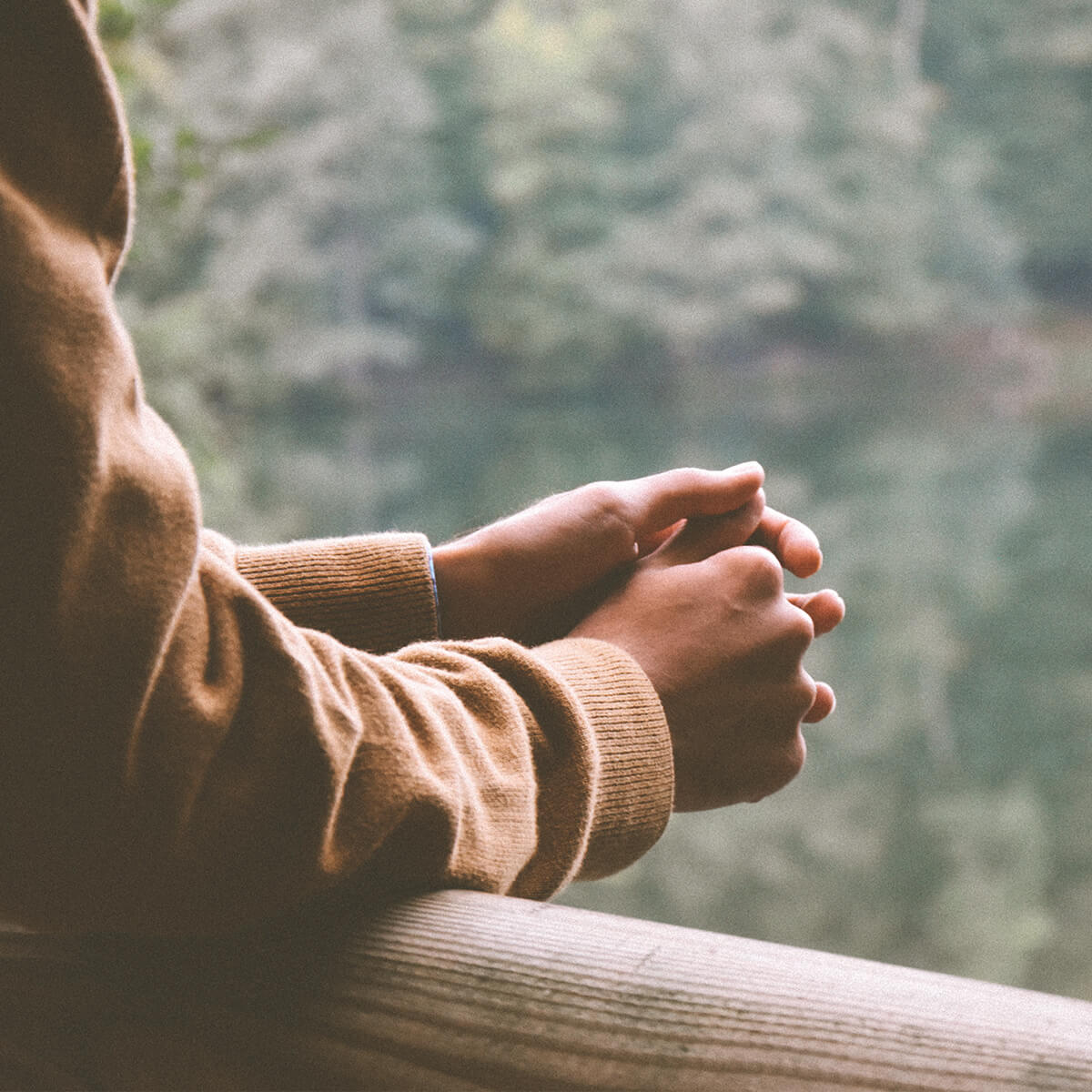How do you know if you're depressed or just feeling sad?
Depression Prevention
Everyone feels down once in a while or in a bad mood, but if these feelings do not resolve or they get worse, you might be clinically depressed and need some assistance in finding the right treatment. If only we had all the coping skills needed to manage the challenges life can toss our way — but most of us do not. Depression is a common response, but it is also a serious condition.
Depression can happen to anyone
Depression is a medical illness and mental health issue that is not anything to feel embarrassed or ashamed about. Depression is widespread, affecting 20% of adolescents by the time they reach adulthood and diagnosed in about one in twelve adults. In Michigan, about 84,000 adolescents ages 12-17 have a major depressive episode (MDE) each year.
The good news is that there are many treatment options including therapy, support groups, mental health professionals, psychiatric help, and medication. And 80% of those who seek treatment for depression show improvement after 4-6 weeks. (National Network of Depression Centers)
It is helpful to know the many symptoms of depression as they can help you decide when you or someone you care about might need to seek treatment to feel better and may prevent the depression from becoming worse. Anyone can be at risk of feeling depressed. If you feel you might be depressed, remember that you are not alone and CARE of Southeastern Michigan is here to give you the support you need. If you or a loved one are experiencing one more of these symptoms call CARE of Southeastern Michigan for assistance at 586-541-CARE for help. Crisis support is available 7 days per week, 24 hours per day through the national suicide prevention hotline at 800-273-8255.
Will I have to see a psychiatrist? Or take antidepressants?
Maybe. Or maybe not. It depends upon the individual and the specific help that will be most effective for that person.
Know the Symptoms of Depression so you can recognize when you see it in yourself or others.
These are some of the most common symptoms of depression or other mental disorder:
- Depressed or irritable mood – including sadness, showing no emotion, or feeling “blah”, crying easily, anxiety, feelings of anger, hopelessness, rage, moodiness and/or hypersensitivity.
- Physical complaints such as stomachaches and headaches.
- Physical agitation such as pacing, hand wringing, picking at skin, fidgeting, and restlessness.
- Slower physical and emotional reactions such as listlessness, slowed speech or body movements, and deterioration of handwriting.
- Loss of interest in usual activities such as favorite sports and hobbies, withdrawal from peers and family, school avoidance, decreased school performance, and less attention to personal appearance.
- Change in appetite including excessive eating, food avoidance or refusal.
- Changes in sleep patterns such as insomnia (difficulty sleeping) resulting in sleepiness in class, or hypersomnia (excessive sleeping) leading to school absences and tardiness.
- Difficulty making decisions and loss of concentration such as distractibility, daydreaming, and memory difficulties.
- Feelings of worthlessness or guilt such as low self-esteem, negative self statements, extreme sensitivity to rejection or failure, a feeling that you cause bad things to happen, and feeling guilty over current or past mistakes.
- Fatigue or loss of energy such as reduced physical activity or the feeling you need to use a lot of energy to do a small task.
- Recurrent thoughts of death or suicide or risky behavior such as behaving recklessly or in a self-harming manner.
- Increasing use of alcohol or other substance use.
- Focusing on themes related to death, and thoughts of wanting to harm one’s self


If you or a loved one are experiencing thoughts of suicide, don’t take the risk of taking action too late. Please call for help immediately at 800-273-8255.
Let CARE help you get the help you are looking for so you can get back to enjoying life. Call us at (586) 541-2273
